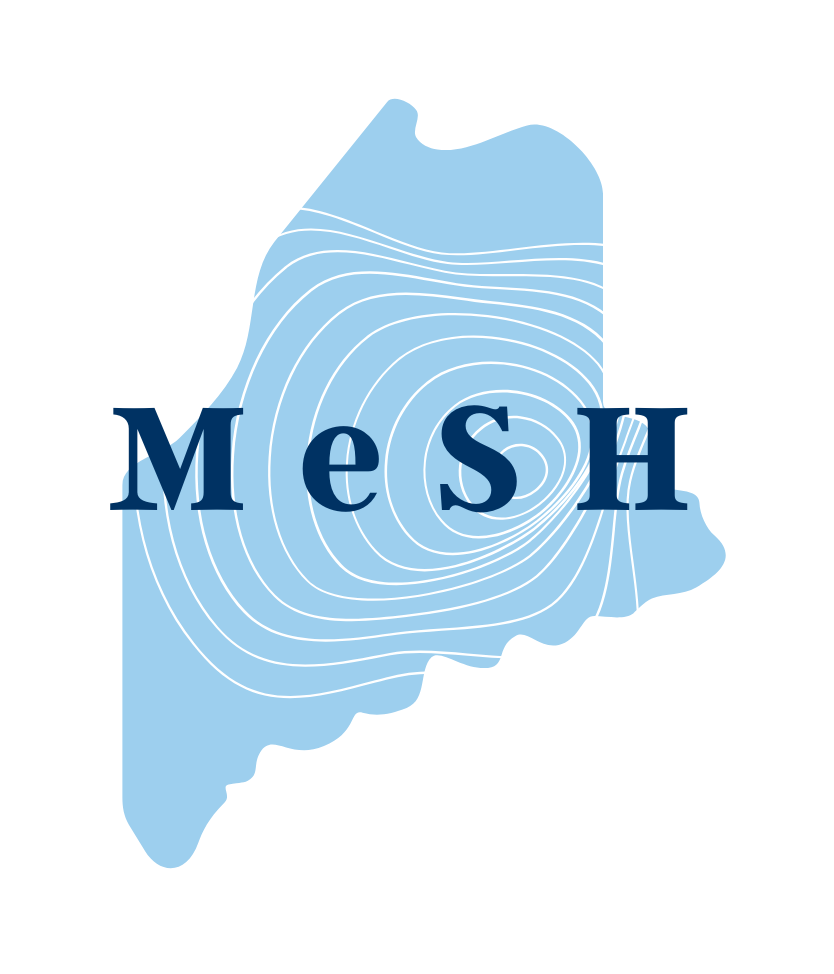Courses Related to Climate Change
Course offerings are subject to change. Please verify information in the Undergraduate Catalog if you see a course that’s of interest.
Courses listed on this page cover topics related to climate change from many different angles including societal perceptions, earth sciences, economic policies, and climate impact mitigation.
Anthropology
ANT 225 – Climate Change, Societies, and Cultures
Surveys the human dimensions of climate change from a cultural perspective, the interactions among societies, cultures, and climate change. Reviews climate-change futures and their human implications around the world, drivers of climate change, and technological, social, and cultural mitigation and adaptation strategies. Perspective throughout is universalistic (all human societies, past and present) and holistic (all realms of thought and behavior, though with particular emphasis on social, political, and cultural dimensions).
ANT 295 – American Indians and Climate Change
Introduces students to the Indian cultures of the United States and U.S. territories in the South Pacific, paying particular attention to the issue of climate change and how it is impacting indigenous peoples in these regions. The course also examines climate effects on natural resource conditions as it relates to Indian cultures and the roles indigenous groups play in policy responses to climate change.
ANT 311 – Geography of Climate Change
Introduces students to theories of environmental sustainability transitions and resource use in the context of climate change.
ANT 410 – Human Dimensions of Climate Change
Surveys advanced topics on the human dimensions of climate change, including anthropogenic drivers and consequences of climate change, mitigation, and adaptation strategies.
Earth and Climate Sciences
ERS 103 – Dynamic Earth
Explores how Earth’s dynamic processes interact with humans by evaluating the interplay between Earth’s interior, hydrosphere, biosphere and atmosphere, the effects and underlying causes of natural hazards such as earthquakes, volcanic eruptions, tidal waves and global warming, Earth’s economic and energy resources, how they form, and how long they will last, and the global environment, as well as how best to interact with it.
ERS 107 – Energy, Environment, and Climate
Explores the Earth Science concepts that underlie energy, energy sources, the environmental impacts of energy use, and the role of energy in climate. We will consider the ways in which society interacts with and extracts energy from the Earth System, the energy balance of Earth, the climate and environmental implications of energy use, and gain an understanding of renewable and non-renewable energy sources.
ERS 121 – Humans and Global Change
Explores how Earth’s climate system works and how past environmental changes affected humans on time scales ranging from interannual to hundreds of thousands of years. Topics will range from the development of agriculture at the beginning of the current interglaciation to how humans are now changing global climate through the addition of greenhouse gasses to the atmosphere.
Ecology and Environmental Sciences
EES 312 – Energy, Law, and Environment: Contending with Climate Change
This course addresses the major ethical and legal questions pertaining to energy production and utilization, including environmental and social impacts, with an emphasis on development of climate change policy. Through a combination of lectures, role play, case studies, and discussions, students will consider these issues in local, national, and international contexts.
Geography
GEO 311 – Geography of Climate Change
Introduces students to theories of environmental sustainability transitions and resource use in the context of climate change.
Marine Sciences
SMS 402 – Oceans and Climate Change
Stresses the interdisciplinary nature of marine science by focusing on comprehensive oceanographic and marine ecosystems that reinforce geological, chemical, physical and biological principles and their linkages. Roles of oceans in regulating global climate will be emphasized. Climatic forcing and its impact on ocean environments and marine ecosystems will be discussed. Variability in the oceans and processes at a range of spatial and temporal scales are considered. Topics include: global carbon cycle and climate change, thermohaline circulation, influence of oceanic and climatic processes on marine populations, world fisheries and marine ecosystems, El Nino and decadal climate variability, Gulf of Maine oceanography and living marine resources, human activities and their impact on the environment.
Native American Studies
NAS 295 – American Indians and Climate Change
Introduces students to the Indian cultures of the United States and U.S. territories in the South Pacific, paying particular attention to the issue of climate change and how it is impacting indigenous peoples in these regions This course also examines climate effects on natural resource conditions as it relates to Indian cultures and the roles indigenous groups play in policy responses to climate change.
Plant, Soil, and Environmental Science
PSE 265 – Soil Health for Farm Resilience and Climate Mitigation
This course provides students with tools to understand the concepts and practices of soil health in different scales and types of systems. The importance, goals, and challenges of managing soil health are emphasized. Both agronomic and environmental outcomes for soil health practices are considered. Students will build their understanding of, and ability to use, course information through weekly discussions and will critically evaluate the use of soil health practices for climate mitigation.
Wildlife Ecology
WLE 479 – Wildlife Conservation in a Changing World
The course will focus on the main drivers of global change (e.g. land-use change, climate change) and how they impact the behavior, ecology and population dynamics of wild animals. Each driver will be analyzed for both the causes (e.g., what are the effects of land-use change) and the mitigation (e.g. habitat restoration). The course will contain a mix of lectures, class/home exercises, discussions of relevant journal articles, student presentations and production of a short video.

